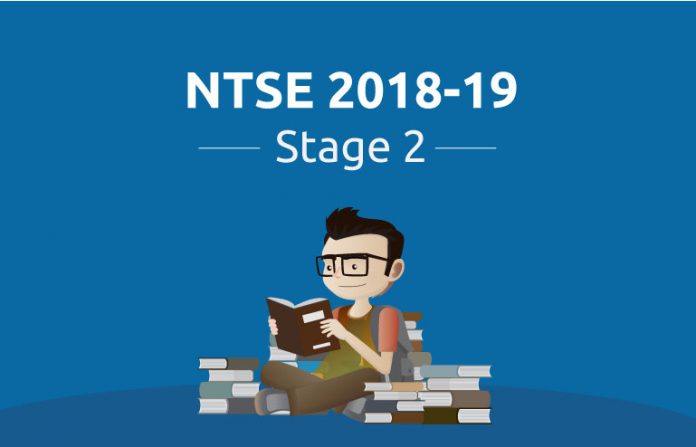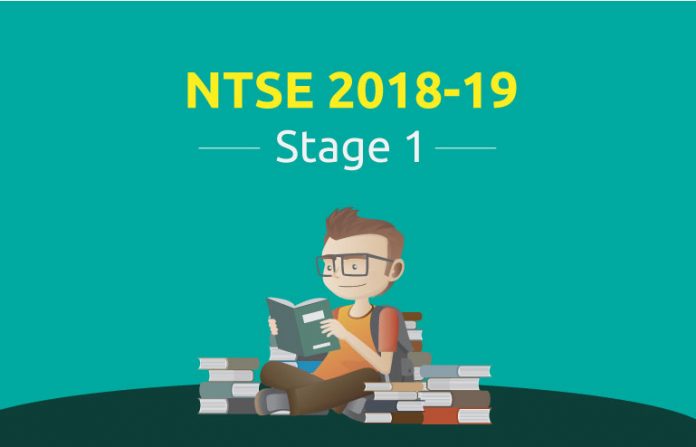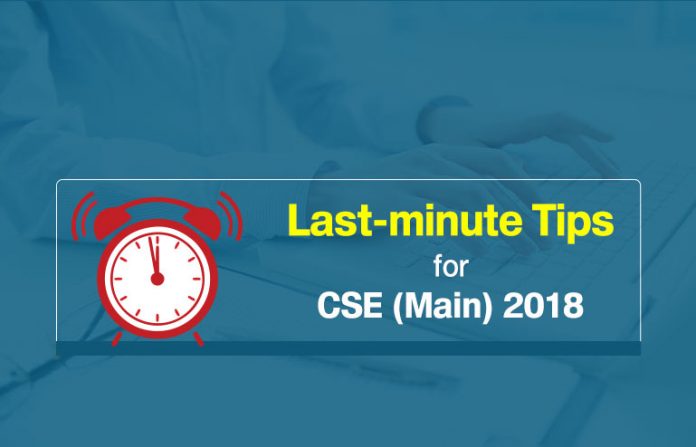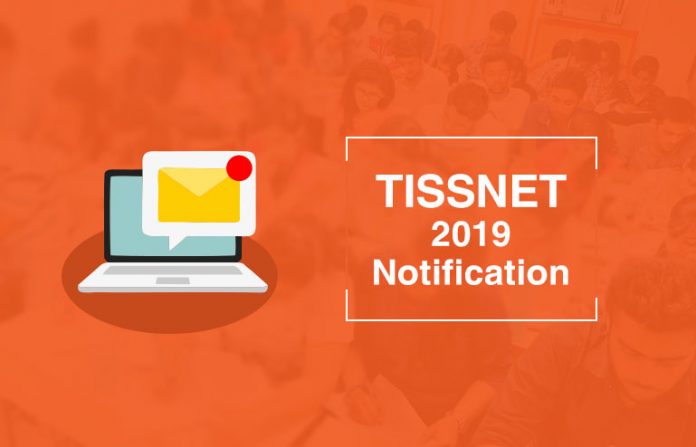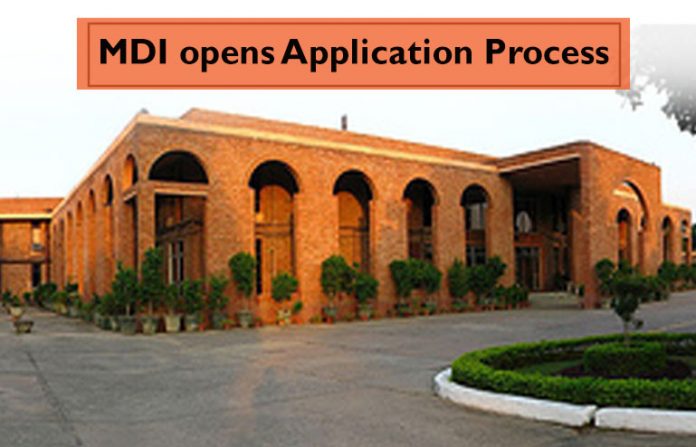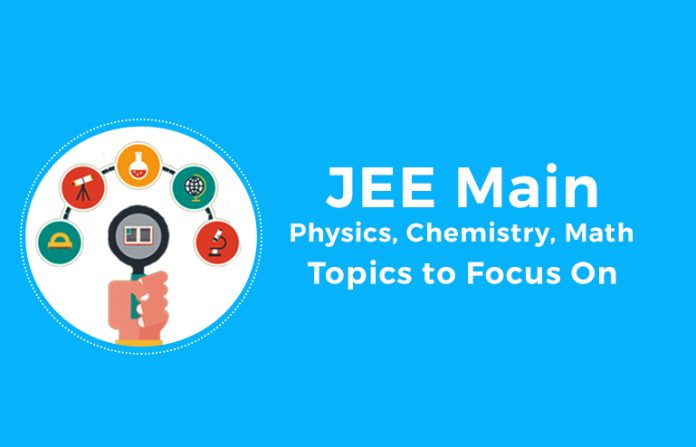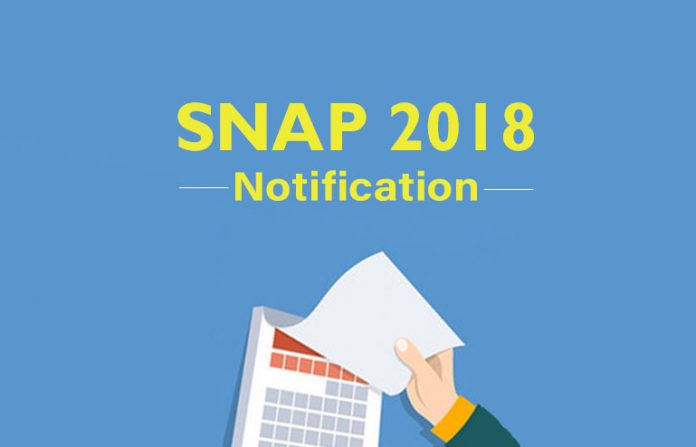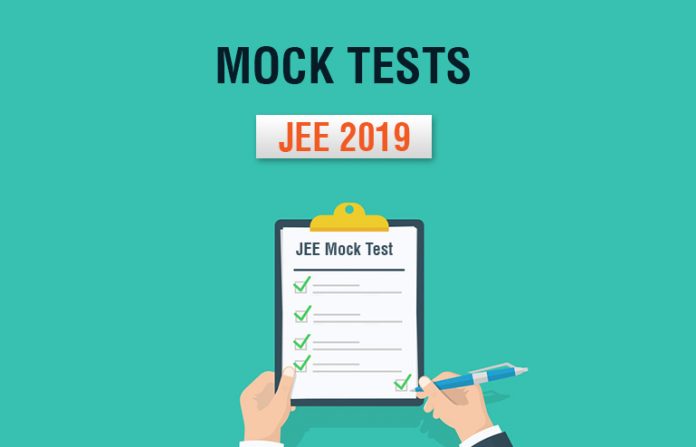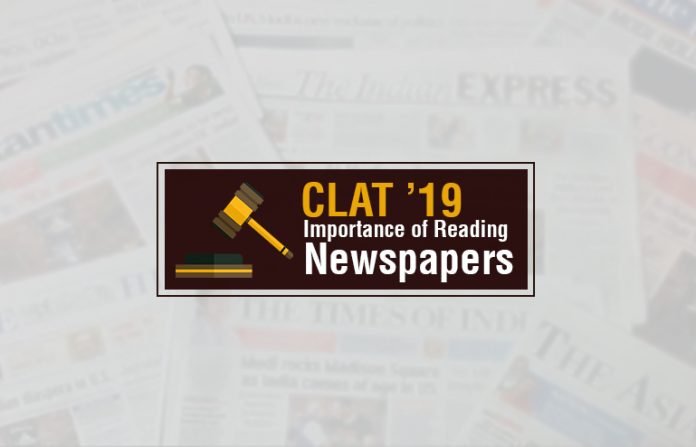The National Talent Search Exam (NTSE) aims to identify—and provide scholarships to—talented students studying in Class X. The exam is conducted in 2 stages: Stage 1 and Stage 2, each consisting of two tests: Mental Ability Test (MAT) and Scholastic Aptitude Test (SAT). In this article, you can find out all you need to know about Stage 2 of NTSE 2018-19.
The scholarship is awarded for pursuing courses in Science and Social Science up to the doctoral level; and in the case of professional courses (like Medicine and Engineering) up to the second-degree level, subject to the fulfilment of certain conditions. A total of 1,000 scholarships are awarded in the country, with reservation of 15% for SC, 7.5% for ST, 27% for other backward classes, and 4% for candidates with benchmark disabilities.
NTSE 2018-19: Stage 2
Stage 2 of the NTSE is held at the national level by NCERT for students who clear Stage 1. There are two papers: Mental Ability Test (MAT) and Scholastic Aptitude Test (SAT) that are conducted on the same day (usually the second Sunday of May).
NTSE 2018-19: Schedule
Date: May 12, 2019
Time: 9:30 to 11.30 a.m. (MAT) & 1:30 to 3:30 p.m. (SAT)
NTSE 2018-19: Eligibility
Those who clear Stage 1 are eligible to appear in the National-Level Examination. However, students of Indian nationality who are studying abroad are also eligible to sit for this exam, without having to appear for Stage 1. Some guidelines for these students are:
- They must secure a minimum of 60% in the previous annual examination.
- They will have to come to India at their own cost to sit for the exam.
- They will have to send a request through the Head of their Institution where they are studying, along with an attested copy (by the Head of the Institution) of the mark sheet of Class IX. The request should reach the Head, Department of Educational Survey Division, NCERT, New Delhi-110016 latest by December 31 of the year concerned.
- The Council allots roll numbers to eligible candidates; and informs them about the date, time, and venue of examination, along with other relevant instructions.
- No request for change of center is entertained (except for genuine cases, and as per instructions by the NCERT).
- If a candidate is selected, the scholarship will be paid for pursuing studies in India only.
NTSE 2018-19: Admit Cards
The NCERT uploads on to its website the E-Admit Cards for the second-level examination. Candidates can download their admit cards themselves 21 days before the examination. In case there is any change of address prior to the exam, candidates can communicate the same to the State Examining Authority; which, in turn, informs the NCERT for change of address after the candidate has downloaded the admit card. The same may be communicated to the NCERT directly.
The admit card carries all the information about the venue, roll number, date, and time of the exam.
NTSE 2018-19: Mode of Examination
It is a written examination offered in the following languages: Asamiya, Bangla, English, Gujarati, Hindi, Kannada, Marathi, Malayalam, Odia, Punjabi, Tamil, Telugu, and Urdu. The candidate has to mention in the application form his/her choice regarding the language in which he/she wants to take the exam. Accordingly, the question booklet in that language is made available to the candidate at the center. However, once this option is exercised, no request for change of medium is entertained.
NTSE 2018-19: Results
The final results are declared on the basis of combined scores of MAT and SAT. Only selected candidates are informed by registered letter and through the NCERT website (www.ncert.nic.in). Marks obtained in the written examination are revealed to all candidates individually through the NCERT website.
NTSE 2018-19: Scholarship
The scholarship amount varies with a candidate’s current level of education, as mentioned below:
- a) ₹ 1,250/- per month (for Classes XI & XII).
- b) ₹ 2,000/- per month (for UG and PG).
- c) In accordance with UGC norms (for students pursuing PhD).
If you have any questions about NTSE 2018-2019 Stage 2 examination, please write to us in the comments section below and we’ll get back to you shortly.


















































